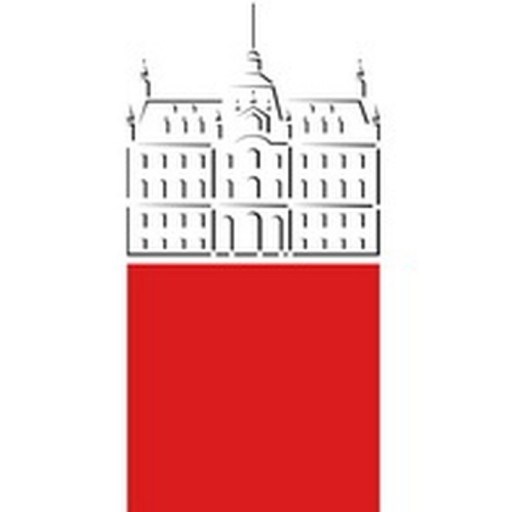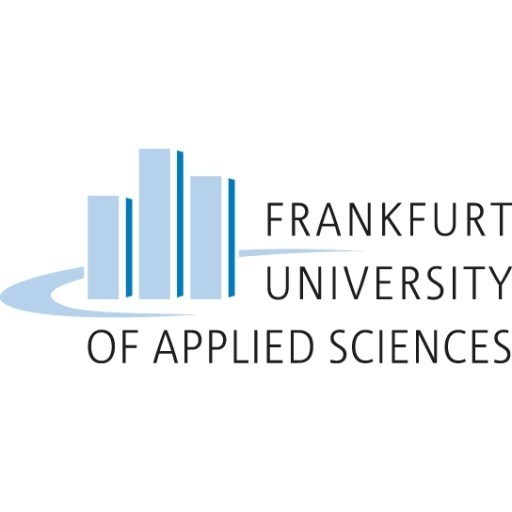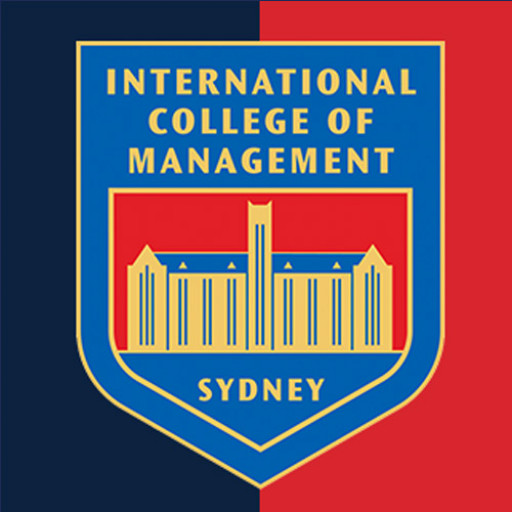Photos of university / #uniofexeter
Advertisement
This programme is an ideal route to further research in tourism studies, such as an MPhil or PhD. If you are interested in a mainly taught Masters degree with more emphasis on management skills and techniques and less emphasis on research methodology, see our MSc Tourism, Development and Policy
The MRes Tourism Studies is ideal for anyone wishing to undertake research into tourism and its related disciplines. In addition to a substantial research-based dissertation, you will learn core research skills for the social sciences, their theoretical underpinnings, and data collection and analysis techniques. You will also learn the fundamental theoretical concepts of management and inter-disciplinary studies of tourism.
You will gain an understanding of the position of tourism in the contemporary social sciences, learn how this links to management and business theory, and how management theory also draws on research in tourism studies. In doing so, you will acquire a range of skills in the capture, analysis and presentation of tourism data. These skills are especially relevant to careers in academic, public and private research in tourism.
In addition to the support and facilities provided by the University and the Business School, MRes Tourism Studies students further benefit from:
* guest speakers forum: a number of practitioners and researchers are invited to address the students;
* Centre for Sport, Leisure and Tourism Studies Research Seminar Programme: visiting speakers and departmental researchers from a variety of disciplinary backgrounds present the findings of their current research on topics in tourism;
* fieldwork assistance - competitive access to small bursaries where a student's independent research work for the dissertation has demonstrable application to external partners.
This programme is available for study 12 months full-time over three terms and is University-based throughout this time. The taught components of the programme are delivered in the first two terms, leaving the third term and most of the summer to research, write and submit your dissertation. The programme in its entirety runs from October to September.
During the programme you will study modules (including the dissertation) totalling 180 credits. Please note that all options are available timetable permitting and may change.
Please note that programme structures may be subject to change.
Compulsory modules
Module / Credits
* Tourism Dissertation (BEMM349) / 60
* Business and Management Research Skills / 15
* Critical Readings in Tourism and Management (BEMM377) / 15
* Philosophy of the Social Sciences (SOCM002A) / 15
* Qualitative Methods in Research (BEMM378) / 15
* Quantitative Techniques in Research (BEMM379) / 15
* Sustainable Tourism Management (BEMM375) / 15
* Tourism Behaviour: Theory and Practice (BEMM371) / 15
* Tourism Sector Dynamics (BEMM370) / 15
Total credits 180
Learning and teaching
Our postgraduate taught programmes utilise a range of teaching methods including lectures, seminars and tutorials.
Lectures
The aim of lectures is to give you information on ideas that are central to the module and to help you in developing your understanding of complex ideas. Many of the teaching materials for lectures are made available to you electronically to accompany the notes you take during the lecture. Lectures are given by a range of staff members, including leading professors, who integrate their latest research findings into the teaching that you receive. Guest lecturers, including members of industry, also contribute to some modules.
Seminars and tutorials
Seminars and tutorials involve an in-depth exploration of the issues covered in lectures as well as giving you the opportunity to discuss various concepts and theories and receive feedback on your written assignments.
Assessment
Modules are assessed through a mixture of group work, coursework, project work and examinations; the weighting of each of these components will vary according to the academic requirements of the module. Examinations are normally held at the end of the module, in January and May/June.
Want to improve your English level for admission?
Prepare for the program requirements with English Online by the British Council.
- ✔️ Flexible study schedule
- ✔️ Experienced teachers
- ✔️ Certificate upon completion
📘 Recommended for students with an IELTS level of 6.0 or below.
The University of Exeter has a wide range of funding available. Please visit -for further information.











